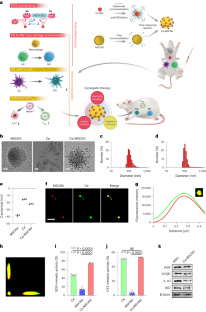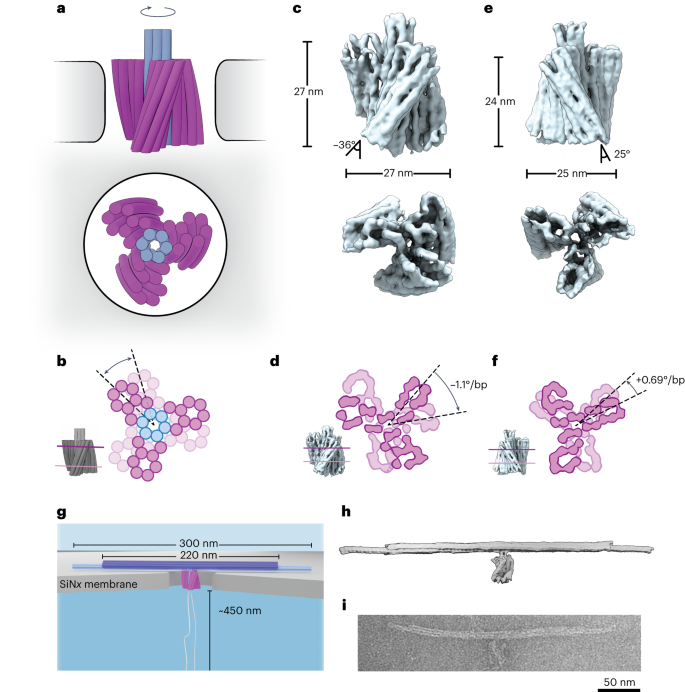2023-10-25 インペリアル・カレッジ・ロンドン(ICL)
◆この研究によれば、コレステロールを低減させる一般的な薬物であるシムバスタチンは、COVID-19の重症患者の生存率を96%の高確率で改善し、集中治療期間を短縮します。また、高用量のビタミンCの使用は有害であり、効果がないことが示されました。
◆これらの結果は、COVID-19の重症患者の治療を改善し、国際的な医療従事者に有益な情報を提供するものであり、NIHRの支援を受けた重要な研究です。
<関連情報>
- https://www.imperial.ac.uk/news/248853/statin-benefits-patients-with-severe-covid-19/
- https://www.nejm.org/doi/10.1056/NEJMoa2309995
- https://jamanetwork.com/journals/jama/fullarticle/2811212
重症COVID-19患者にシンバスタチン Simvastatin in Critically Ill Patients with Covid-19
The REMAP-CAP Investigators
New England Journal Medicine Published:October 25, 2023
DOI: 10.1056/NEJMoa2309995

Abstract
BACKGROUND
The efficacy of simvastatin in critically ill patients with coronavirus disease 2019 (Covid-19) is unclear.
METHODS
In an ongoing international, multifactorial, adaptive platform, randomized, controlled trial, we evaluated simvastatin (80 mg daily) as compared with no statin (control) in critically ill patients with Covid-19 who were not receiving statins at baseline. The primary outcome was respiratory and cardiovascular organ support–free days, assessed on an ordinal scale combining in-hospital death (assigned a value of -1) and days free of organ support through day 21 in survivors; the analyis used a Bayesian hierarchical ordinal model. The adaptive design included prespecified statistical stopping criteria for superiority (>99% posterior probability that the odds ratio was >1) and futility (>95% posterior probability that the odds ratio was <1.2).
RESULTS
Enrollment began on October 28, 2020. On January 8, 2023, enrollment was closed on the basis of a low anticipated likelihood that prespecified stopping criteria would be met as Covid-19 cases decreased. The final analysis included 2684 critically ill patients. The median number of organ support–free days was 11 (interquartile range, -1 to 17) in the simvastatin group and 7 (interquartile range, -1 to 16) in the control group; the posterior median adjusted odds ratio was 1.15 (95% credible interval, 0.98 to 1.34) for simvastatin as compared with control, yielding a 95.9% posterior probability of superiority. At 90 days, the hazard ratio for survival was 1.12 (95% credible interval, 0.95 to 1.32), yielding a 91.9% posterior probability of superiority of simvastatin. The results of secondary analyses were consistent with those of the primary analysis. Serious adverse events, such as elevated levels of liver enzymes and creatine kinase, were reported more frequently with simvastatin than with control.
CONCLUSIONS
Although recruitment was stopped because cases had decreased, among critically ill patients with Covid-19, simvastatin did not meet the prespecified criteria for superiority to control. (REMAP-CAP ClinicalTrials.gov number, NCT02735707. opens in new tab.)
COVID-19で入院した患者に対するビタミンCの静脈内投与 2つの調和された無作為臨床試験 Intravenous Vitamin C for Patients Hospitalized With COVID-19 Two Harmonized Randomized Clinical Trials
The LOVIT-COVID Investigators, on behalf of the Canadian Critical Care Trials Group, and the REMAP-CAP Investigators
JAMA Publised:October 25, 2023
DOI:10.1001/jama.2023.21407

Key Points
Question Does vitamin C administered intravenously to patients hospitalized with COVID-19 improve organ support–free days (composite outcome of in-hospital mortality and days alive and free of intensive care unit–based respiratory and cardiovascular support) up to day 21?
Findings In 2 prospectively harmonized randomized clinical trials, the use of vitamin C vs control (placebo or no vitamin C) yielded posterior probabilities for efficacy of 8.6% among 1568 critically ill patients and 2.9% among 1022 patients who were not critically ill regarding the odds of improvement for organ support–free days.
Meaning Among hospitalized patients with COVID-19, there was a low probability that vitamin C improved organ support–free days.
Abstract
Importance The efficacy of vitamin C for hospitalized patients with COVID-19 is uncertain.
Objective To determine whether vitamin C improves outcomes for patients with COVID-19.
Design, Setting, and Participants Two prospectively harmonized randomized clinical trials enrolled critically ill patients receiving organ support in intensive care units (90 sites) and patients who were not critically ill (40 sites) between July 23, 2020, and July 15, 2022, on 4 continents.
Interventions Patients were randomized to receive vitamin C administered intravenously or control (placebo or no vitamin C) every 6 hours for 96 hours (maximum of 16 doses).
Main Outcomes and Measures The primary outcome was a composite of organ support–free days defined as days alive and free of respiratory and cardiovascular organ support in the intensive care unit up to day 21 and survival to hospital discharge. Values ranged from –1 organ support–free days for patients experiencing in-hospital death to 22 organ support–free days for those who survived without needing organ support. The primary analysis used a bayesian cumulative logistic model. An odds ratio (OR) greater than 1 represented efficacy (improved survival, more organ support–free days, or both), an OR less than 1 represented harm, and an OR less than 1.2 represented futility.
Results Enrollment was terminated after statistical triggers for harm and futility were met. The trials had primary outcome data for 1568 critically ill patients (1037 in the vitamin C group and 531 in the control group; median age, 60 years [IQR, 50-70 years]; 35.9% were female) and 1022 patients who were not critically ill (456 in the vitamin C group and 566 in the control group; median age, 62 years [IQR, 51-72 years]; 39.6% were female). Among critically ill patients, the median number of organ support–free days was 7 (IQR, -1 to 17 days) for the vitamin C group vs 10 (IQR, -1 to 17 days) for the control group (adjusted proportional OR, 0.88 [95% credible interval {CrI}, 0.73 to 1.06]) and the posterior probabilities were 8.6% (efficacy), 91.4% (harm), and 99.9% (futility). Among patients who were not critically ill, the median number of organ support–free days was 22 (IQR, 18 to 22 days) for the vitamin C group vs 22 (IQR, 21 to 22 days) for the control group (adjusted proportional OR, 0.80 [95% CrI, 0.60 to 1.01]) and the posterior probabilities were 2.9% (efficacy), 97.1% (harm), and greater than 99.9% (futility). Among critically ill patients, survival to hospital discharge was 61.9% (642/1037) for the vitamin C group vs 64.6% (343/531) for the control group (adjusted OR, 0.92 [95% CrI, 0.73 to 1.17]) and the posterior probability was 24.0% for efficacy. Among patients who were not critically ill, survival to hospital discharge was 85.1% (388/456) for the vitamin C group vs 86.6% (490/566) for the control group (adjusted OR, 0.86 [95% CrI, 0.61 to 1.17]) and the posterior probability was 17.8% for efficacy.
Conclusions and Relevance In hospitalized patients with COVID-19, vitamin C had low probability of improving the primary composite outcome of organ support–free days and hospital survival.
Trial Registration ClinicalTrials.gov Identifiers: NCT04401150 (LOVIT-COVID) and NCT02735707 (REMAP-CAP)

